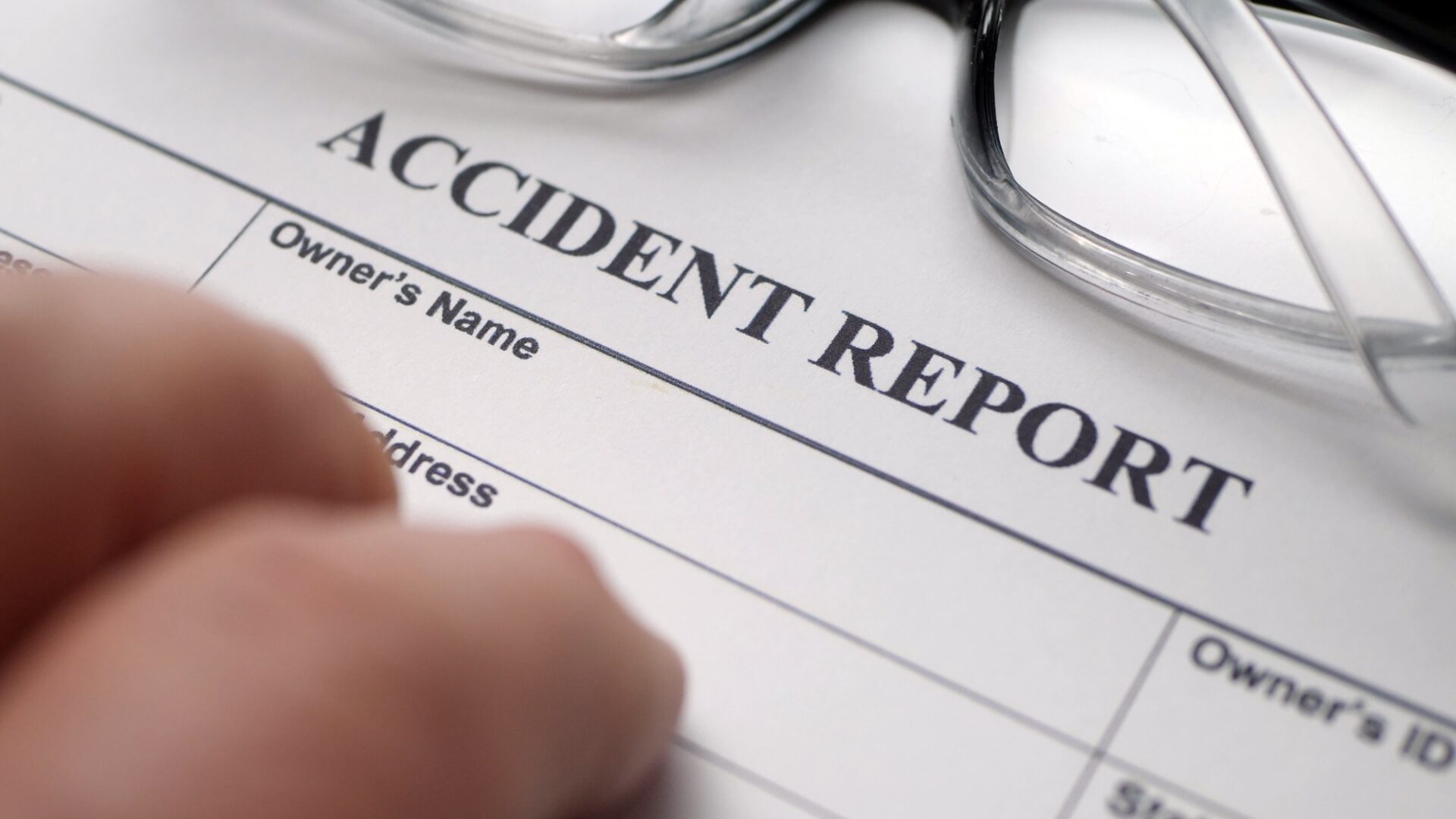Traumatic Brain Injuries (TBIs) are a serious public health issue that can dramatically alter a person’s life. At Smith and Beckey Law Firm, we believe that knowledge is power, especially when it comes to understanding the implications of such injuries. In this article, we’ll explore what TBIs are, their causes, symptoms, and how they can affect your life, as well as your legal rights if you’ve suffered a TBI due to someone else’s negligence.

What is a Traumatic Brain Injury?
A TBI occurs when an external force causes damage to the brain. This can happen through a variety of incidents, such as falls, car accidents, motorcycle accidents, and more. TBIs can range from mild concussions to severe brain damage, leading to long-term complications or even death. It is very important to never ignore any brain injuries, including mild concussions.
Types of Traumatic Brain Injuries
- Concussion: Often considered a mild TBI, a concussion can still result in significant symptoms and should not be taken lightly.
- Contusion: This is a bruise on the brain itself, usually resulting from a direct blow to the head.
- Penetrating Injury: This occurs when an object pierces the skull and enters the brain, causing severe damage.
- Diffuse Axonal Injury: This type of injury happens when the brain moves rapidly within the skull, causing widespread damage to brain cells.
Recognizing the Symptoms of TBI from Car Accidents
One of the most common causes of TBI injuries are vehicle accidents. TBIs can present a variety of symptoms, which may not be immediately apparent. It’s crucial to seek medical attention if you or someone you know has experienced a head injury from a car accident. Symptoms may include:
- Headaches
- Nausea or vomiting
- Confusion or disorientation
- Memory loss
- Mood changes
- Sensitivity to light or noise
- Difficulty sleeping
- In severe cases, symptoms can escalate to loss of consciousness, seizures, or even coma.
Long-Term Effects of TBIs
The impact of a TBI can be profound and long-lasting. Some individuals may recover completely, while others may face challenges such as:
- Cognitive impairments (memory loss, difficulty concentrating)
- Emotional and psychological issues (depression, anxiety)
- Physical disabilities (difficulty with coordination or balance)
The road to recovery can be long and complex, often requiring extensive medical treatment, rehabilitation, and support.
Legal Rights and Compensation
If you or a loved one has suffered a TBI due to someone else’s negligence, you may have legal grounds to seek significant compensation for your injuries. This could include:
- Medical Expenses: Covering hospital bills, rehabilitation costs, and ongoing medical care.
- Lost Wages: Compensating for time missed from work due to recovery.
- Pain and Suffering: Acknowledging the emotional and physical toll the injury has taken on your life.
Navigating the legal system after a traumatic brain injury can be overwhelming, which is why it is so important to work with us. We can help you gather evidence, establish liability, and advocate for the compensation you deserve.
Conclusion
Traumatic brain injuries are serious and can have life-altering effects. Understanding the nature of these injuries, their symptoms, and the potential for legal recourse is vital for anyone affected. If you or a loved one has sustained a TBI due to someone else’s negligence, don’t hesitate to reach out to our attorneys, Richard Smith and Scott Beckey. We are here to help you navigate this challenging time and ensure that your rights are protected. Remember, you are not alone in this journey—let us support you every step of the way.




